“Food tourism is the act of traveling for a taste of place in order to get a sense of place.” ™
World Food Travel Association
Travelling the world to experience different cultures through food is not new, but the opportunities for immersion keep expanding. If you’re a foodie, or a food-focused traveller, here are some exciting things to watch out for in the world of food tourism.
Culinary Destinations
The concept of food tourism and culinary vacations have gained significant momentum, with more travellers seeking destinations renowned for their culinary experiences. Cities and regions are increasingly marketing themselves as food destinations, showcasing their local specialties and culinary traditions to attract tourists.


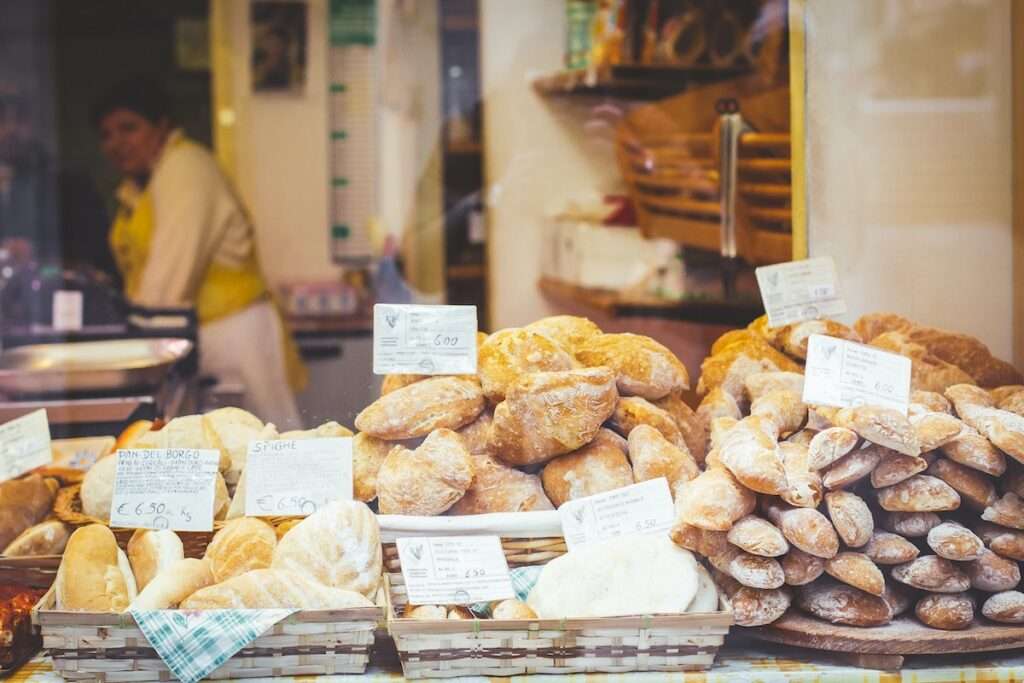
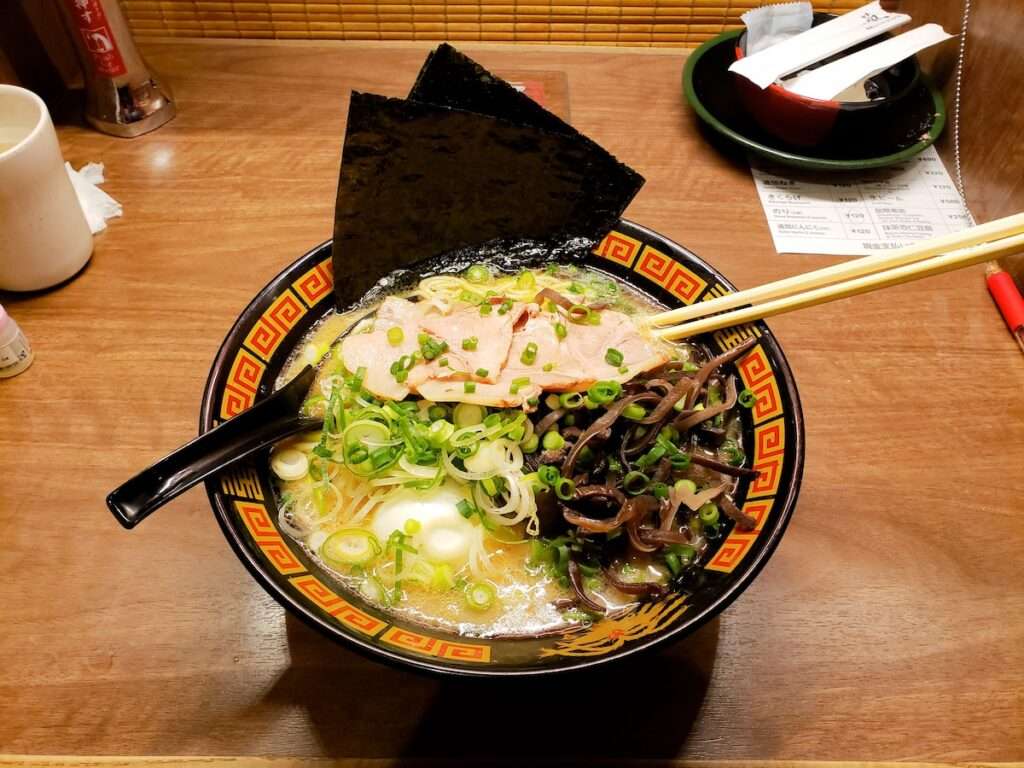
Experiential Dining
Food tourists are seeking more immersive and hands-on experiences, going beyond just tasting the local cuisine. This includes participating in cooking classes, visiting local markets, and engaging in farm-to-table experiences where they can learn about the sourcing and preparation of ingredients.
Fusion Cuisine
Fusion food has become popular among travellers, especially among millennials and Gen Z. They are interested in trying innovative combinations of flavours from different cuisines, resulting in unique and exciting dining experiences.
Sustainable & Ethical Food Practices
With an increased focus on sustainability and ethical food production, food tourists are seeking establishments that prioritize locally sourced, organic, and ethically produced food. There’s a growing interest in supporting businesses that follow environmentally friendly practices.
Technology Integration
Technology is playing an essential role in food tourism. Food-related apps, online reviews, and social media platforms influence travellers’ choices regarding where and what to eat during their trips. Additionally, some tours and experiences are incorporating virtual reality and augmented reality to enhance the dining experience.


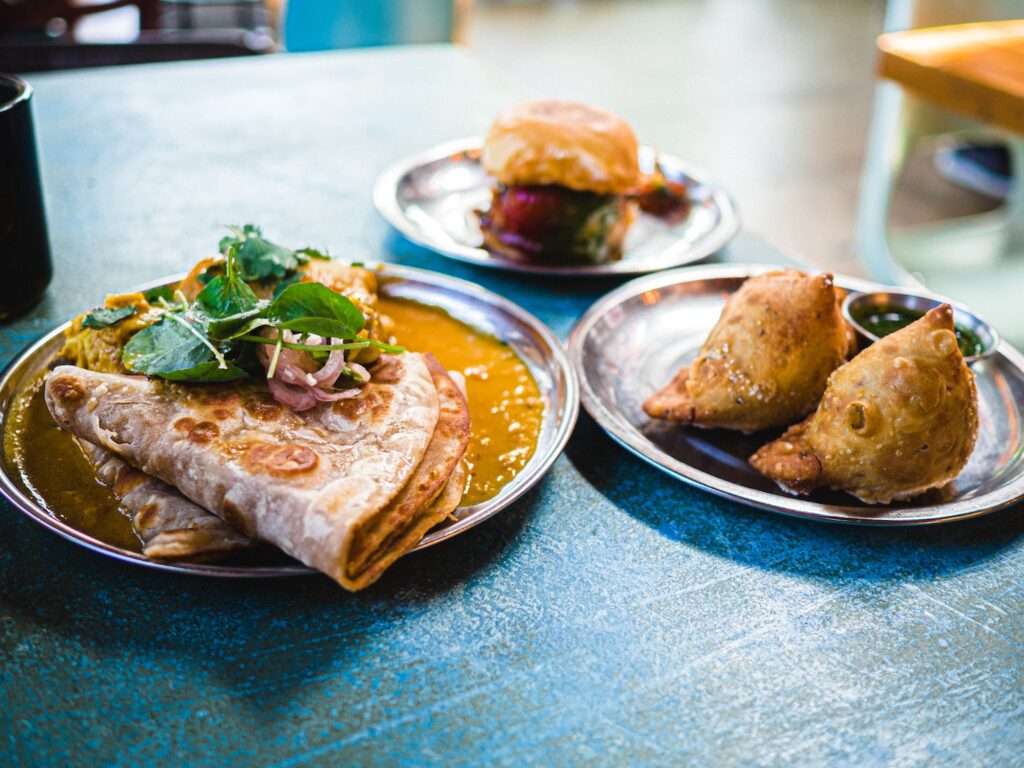
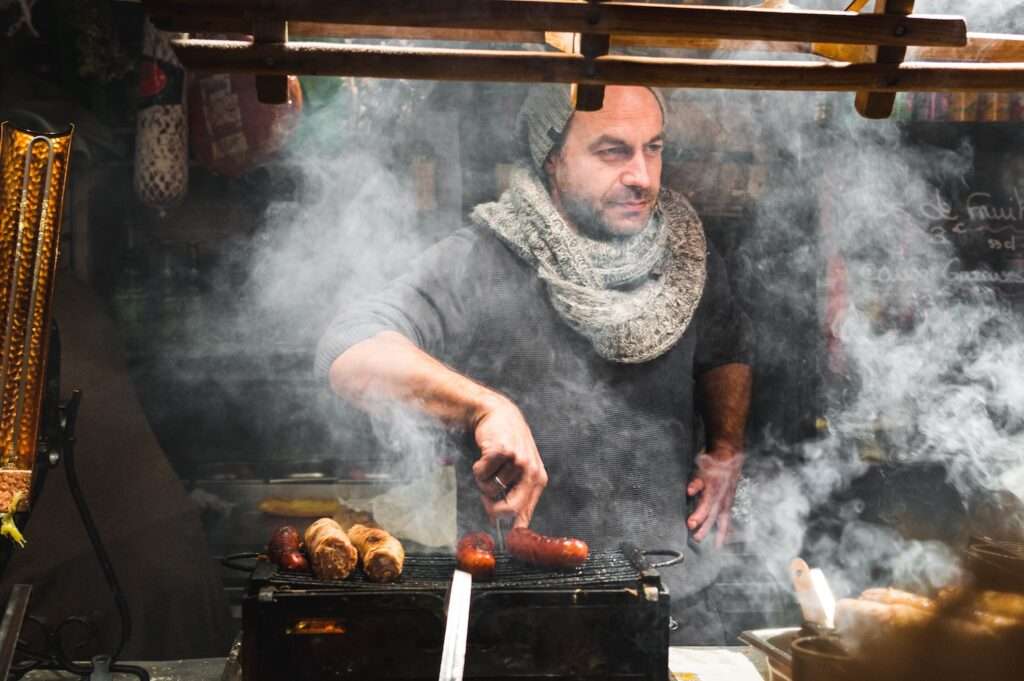
Food Tourism Festivals & Events
Food-themed events and festivals have become significant draws for tourists. These gatherings celebrate local food culture and can range from small-scale street food festivals to large international food events, such as:
1. Oktoberfest – Germany: Oktoberfest is one of the world’s largest and most famous beer festivals, held annually in Munich, Germany. The festival usually takes place from late September to the first weekend in October. It celebrates Bavarian culture with an abundance of traditional German beer, food, music, and various attractions.
2. Taste of Chicago – USA: This annual food festival usually takes place in the summer, spanning multiple days. The festival showcases a diverse array of Chicago’s food scene, including famous deep-dish pizza, hot dogs, ethnic cuisine, and desserts.
3. La Tomatina – Spain: La Tomatina is a unique and lively food festival held in the town of Buñol, Spain. It takes place on the last Wednesday of August, during which participants engage in a massive tomato fight. Thousands of people come together to throw ripe tomatoes at each other, creating a vibrant red spectacle.
4. Cherry Blossom Festival – Japan: While not exclusively a food festival, the Cherry Blossom Festival, also known as Hanami, is a significant event in Japan, celebrating the blooming of cherry blossoms in spring. During this time, people gather under cherry blossom trees to have picnics and enjoy various traditional Japanese foods and snacks.
5. Pizzafest – Italy: Also known as Naples Pizza Village (Napoli Pizza Village), Pizzafest is a popular pizza festival in Naples, Italy. Naples is the birthplace of pizza, and this festival celebrates the city’s culinary heritage. The event showcases various types of pizzas from local pizzerias and includes pizza-making competitions, workshops, and entertainment.
These food festivals not only offer a chance to indulge in delicious cuisine but also provide a unique cultural experience and a glimpse into the culinary traditions of the respective regions.
Food and Beverage Pairings
The pairing of food and beverages, such as wine, craft beer, or artisanal spirits, is gaining popularity in food tourism. Travellers are interested in exploring how different beverages complement and enhance the flavours of various dishes.
Street Food
Street food continues to be a major attraction for food tourists, offering affordable and authentic local flavours. Food tours specifically centred around street food are becoming more prevalent in many cities.
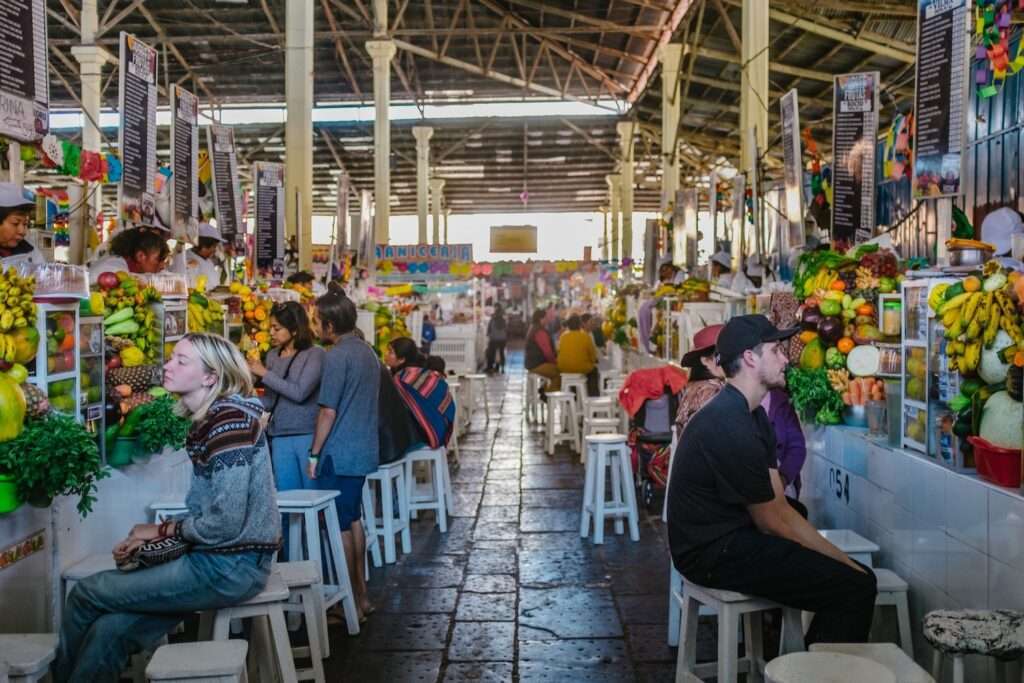
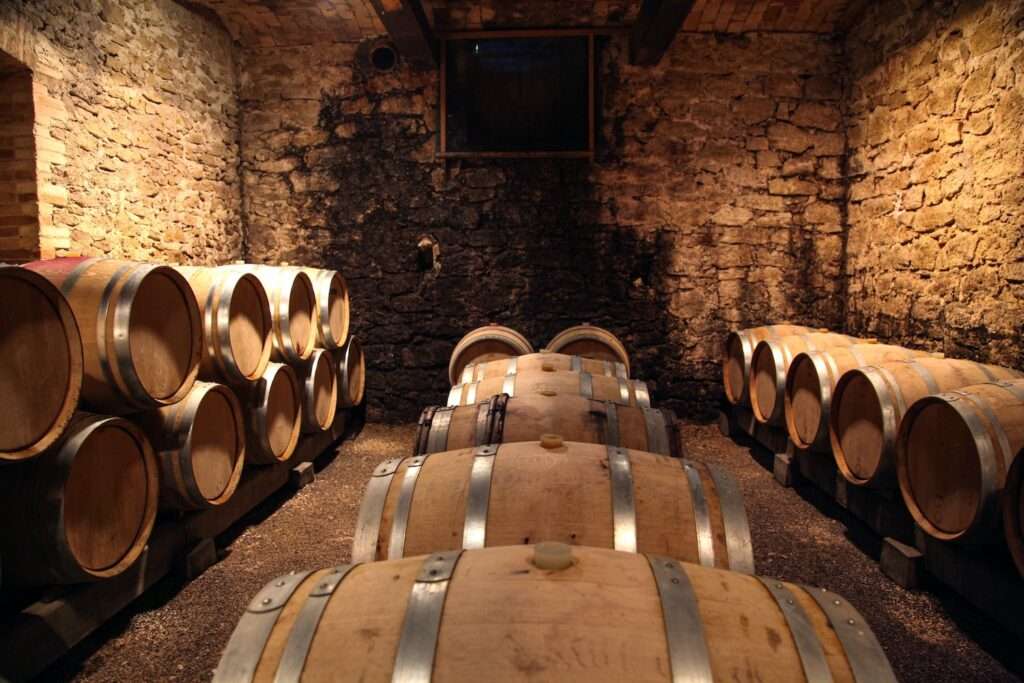
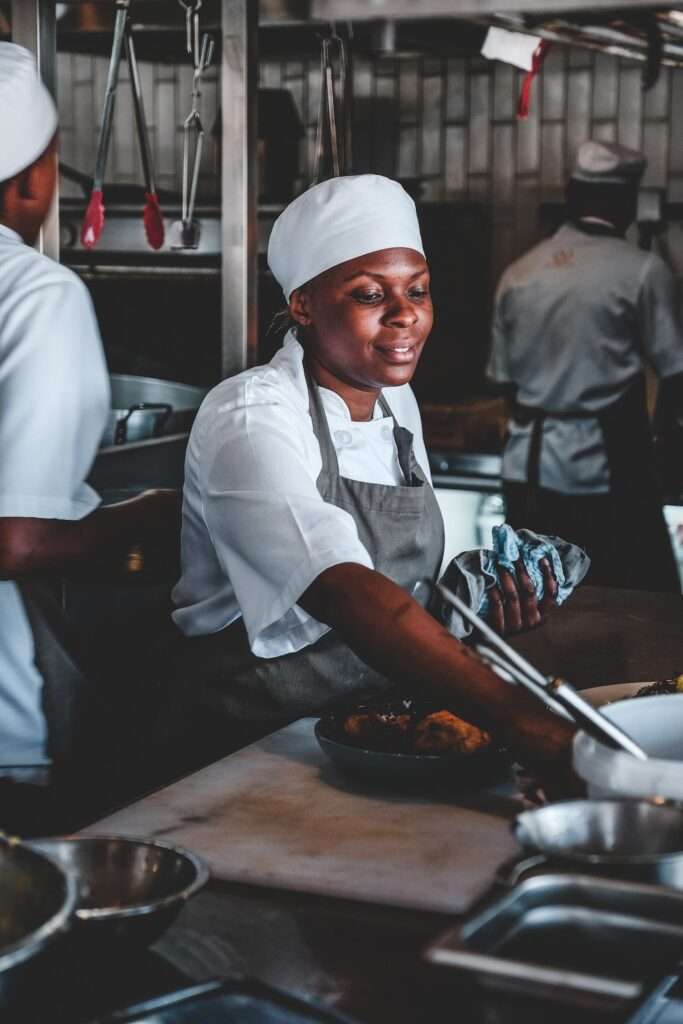
Cultural Exchange Through Food Tourism
Food tourism is viewed as a means of cultural exchange, providing tourists with insight into the traditions and heritage of a destination through its cuisine. This also includes learning about traditional cooking techniques and recipes passed down through generations.
Dietary Preferences and Food Allergies
Food tourism has adapted to cater to different dietary preferences and restrictions, including vegetarian, vegan, gluten-free, and other special diets. Restaurants and food tour operators are offering more inclusive options to meet diverse needs.

